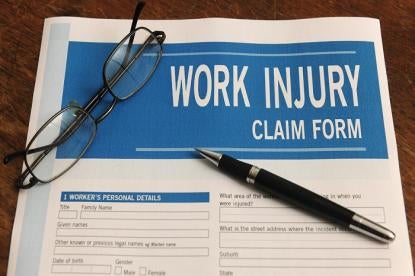Since OSHA’s revised fatality and severe injury reporting rule went into effect on January 1, 2015 (see related story), employers have been deeply concerned that the agency would use information contained in Rapid Response Investigation Reports (RRIs) — required by OSHA in response to approximately 50% of the reports made this year — as the basis for issuing citations and fines. This concern stems from the fact that when OSHA finds an employer’s RRI unsatisfactory, such as where the employer merely blames the victim or fails to provide what the agency determines is an adequate plan to address identified hazards, OSHA may determine that an inspection is in order.
Late last week, in an interview with Business Insurance Magazine, Assistant Secretary of Labor for OSHA, Dr. David Michaels, clarified that OSHA has never used information contained in a RRI to justify a citation or fine and it never will. Dr. Michaels emphasized OSHA’s goal that employers feel confident that they can communicate openly with OSHA without repercussions, and that the agency is developing an official policy providing assurance that RRI information will not be used in issuing citations. Rather, OSHA explained, if the agency chooses to inspect an employer’s workplace in relation to a RRI that the employer submitted, OSHA will use information gathered during the inspection, rather than information included in the RRI, to determine whether citations should be issued.
This move may have been motivated in part by OSHA’s concern that employers are underreporting injuries that should have been reported under the new rule. The rule requires all employers to notify OSHA when an employee is killed on the job or suffers a work-related hospitalization, amputation, or loss of an eye. A fatality must be reported within 8 hours. An in-patient hospitalization, amputation, or eye loss must be reported within 24 hours. OSHA anticipates receiving approximately 12,000 reports under the new rule by the end of the year, far less than agency officials believe should have been filed. Issuing an official policy reassuring employers that submission of incident information in RRIs will not result in citations and fines could encourage more employers to come into compliance with the new reporting rule.



 i
i

